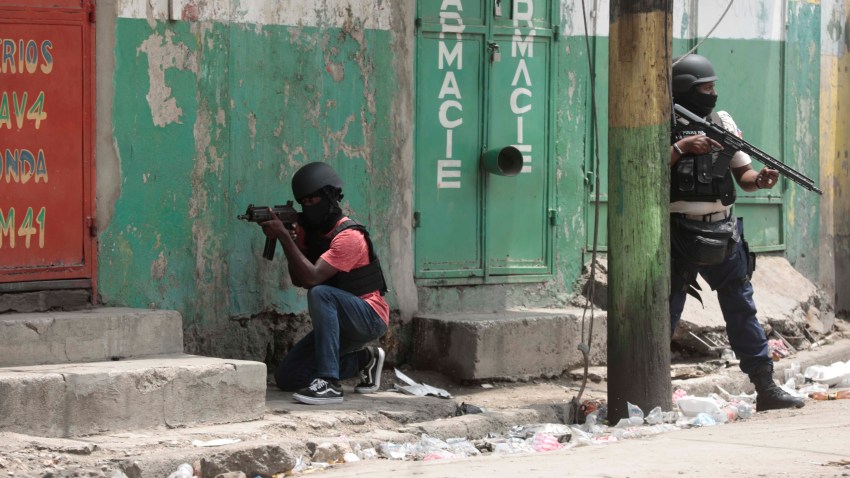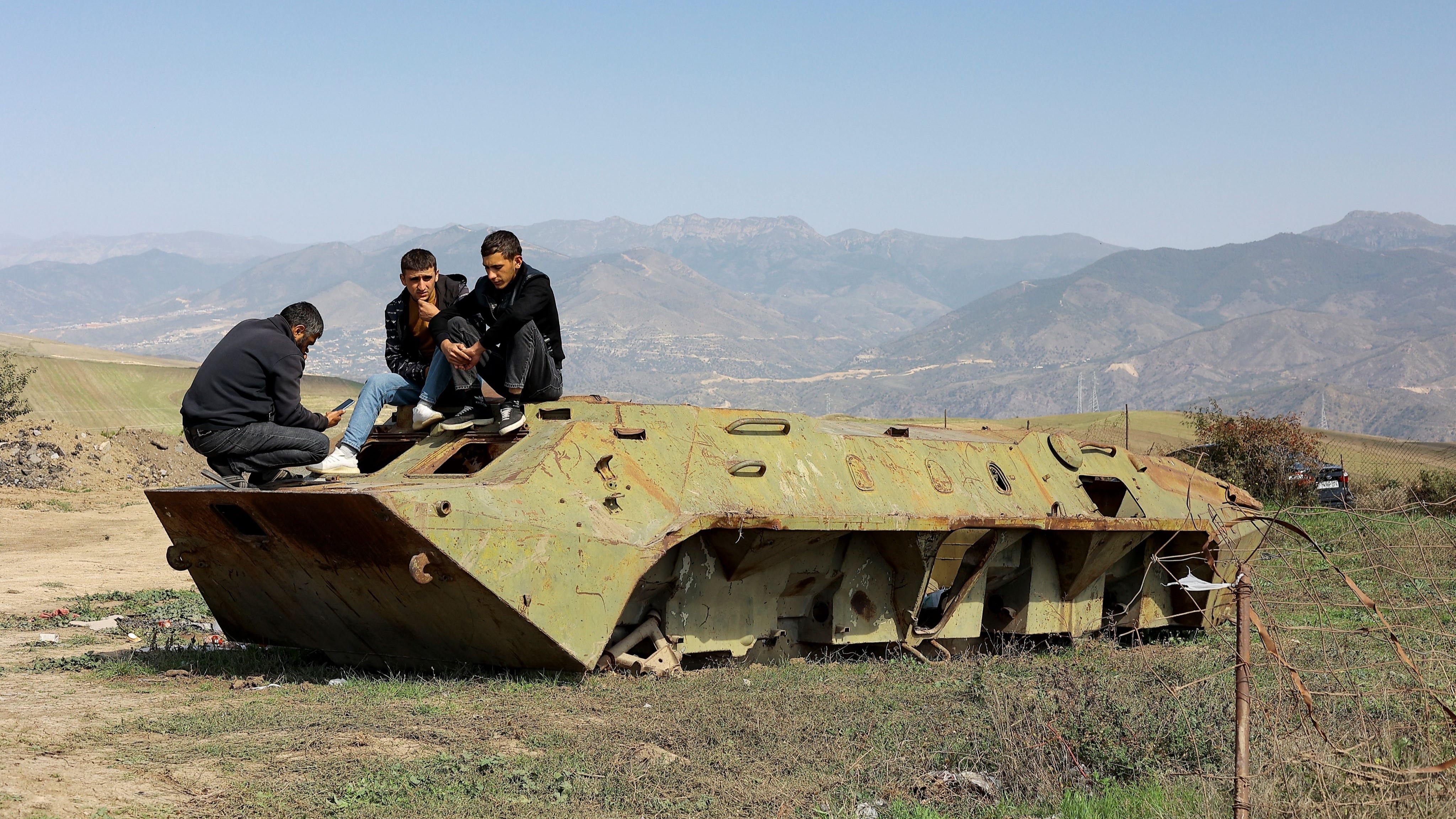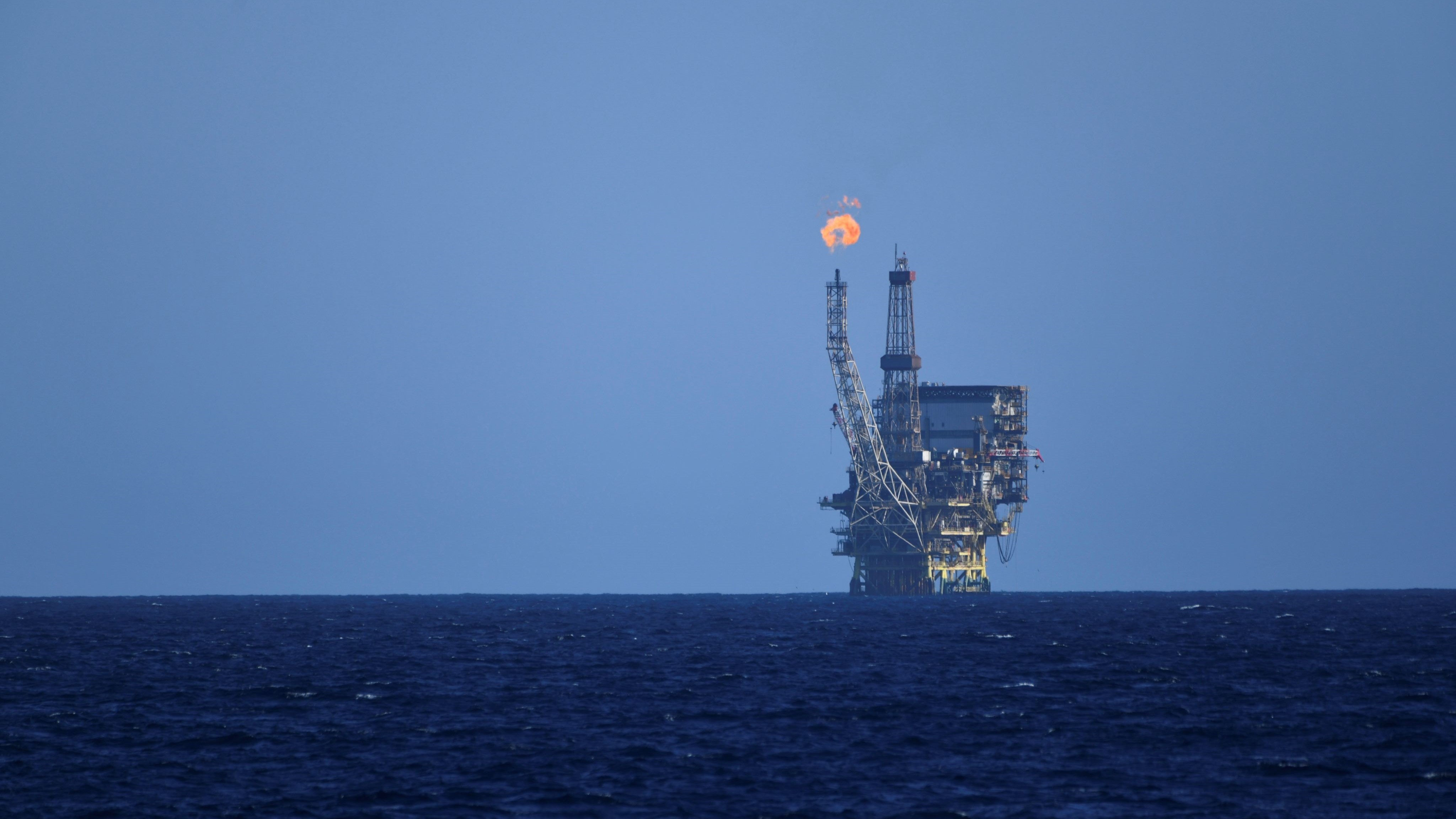Today’s Top Story
The members of a transitional council expected to take over the government in Haiti were announced yesterday, although no date for the council’s investiture has been set. The nine-member council will have a mandate until February 2026, during which time it is expected to appoint a new PM and hold the country’s first elections since 2016. (Reuters)
Our Take
This announcement does not mark the beginning of the end of efforts to stabilize Haiti’s political crisis. Indeed, it may not even mark the end of the beginning. That process didn’t even start in earnest until last month, when developments appeared to reach a breaking point more than two-and-a-half years after the assassination of then-President Jovenel Moise plunged the country into its current situation.
However, the announcement does mark an important step in that process. If confirmed as named, the council will represent a diverse range of politicians, business figures and civil society leaders, and as a result would enjoy a degree of legitimacy that the current government, led by unelected PM Ariel Henry, does not.
Importantly, the council also includes a representative of the civil society coalition behind the Montana Accord, a roadmap produced in 2021 that advocated for a Haitian-led solution to the country’s problems. While assistance from the international community will no doubt be necessary to stabilize Haiti’s security crisis, much of that crisis can also be traced back to factors caused either directly or indirectly by international involvement in Haiti’s affairs in recent decades. Ensuring that the solution to Haiti’s crisis is Haitian-led will be important in lending the transitional council—which was initially proposed by the Montana Accord—legitimacy in the eyes of the population.
Ultimately, the council’s goal will be to hold elections, which will put in place a government with a popular mandate to begin solving the country’s problems. But that is a medium-term goal. The more daunting task of tackling the country’s humanitarian and security crisis must come first.
To do so, the council will need to name a PM who also enjoys enough legitimacy to coordinate the international security mission that has already been pledged. And at this point, tackling the security crisis is no longer just about disarming Haiti’s powerful gangs, but also disentangling them from the country’s political class, with which they have now forged ties.
To put it simply, establishing this transitional council is a necessary step toward restoring an effective government in Haiti. But absent further progress, it won’t be a sufficient one.
On Our Radar
Russian peacekeepers have begun withdrawing from Karabakh, among other regions, in Azerbaijan. The troops were deployed to the breakaway region of Nagorno-Karabakh in November 2020 as part of a Russian-brokered deal, but last year did not prevent Azerbaijan from retaking the area by force.
Azerbaijan’s offensive in September extinguished more than three decades of hot-and-cold conflict over the breakaway territory and de facto self-governance by ethnic Armenians that lived there. As Laurence Broers wrote in October, while Azerbaijan may have settled the issue, its approach did not resolve the underlying issues driving the conflict, even as it upended Russia’s role in the region.
The Nagorno-Karabakh Wars Are Over, but Their Fallout Will Be Lasting
Oct. 25, 2023 | Armenia and Azerbaijan’s conflict over Nagorno-Karabakh is now over. Its impact is just beginning to be felt. Read more.
The U.N. envoy to Libya, Abdoulaye Bathily, lashed out at the country’s feuding parties, as well as their foreign backers, before submitting his resignation at a U.N. Security Council meeting yesterday. He accused international actors “motivated by geopolitical, political and economic interests” of undermining U.N. efforts to stabilize the country.
Libya has been in a political deadlock between rival governments for years, although that has not stopped European governments from looking to form oil and gas partnerships in the country. As Jonathan Fenton-Harvey wrote in February, these partnerships neglect Libya’s internal factors, jeopardizing the country’s path to political stability and economic recovery.
Europe’s Designs for Libya’s Oil Are Fueling Instability
Feb. 23, 2024 | Libya, and its oil sector, remains ensnared in political deadlock. Bilateral energy deals with Europe aren’t helping. Read more.
An Algerian journalist was expelled from the country yesterday after flying in from France and not being allowed to leave the airport. It’s just the latest attack on press freedoms under President Abdelmadjid Tebboune, in a country where the government has a long history of repressing the media while giving the illusion of reform, as Francisco Serrano wrote in December.
Yesterday, Honduras recalled its senior diplomat in Ecuador, and Venezuela ordered its embassy and two consulates in Ecuador closed, the latest regional responses to Ecuador’s raid on the Mexican Embassy in Quito on April 5. Columnist James Bosworth wrote last week that the regional political fallout from the raid would hurt President Daniel Noboa’s agenda more than help it.
More from WPR
- Alexander Clarkson on the U.S. Navy’s readiness crisis.
- Duncan Money on the UAE’s mining investments in Africa.
- Mary Gallagher on U.S.-China economic relations.
- Aubra Anthony and Jane Munga on AI governance in Africa.



